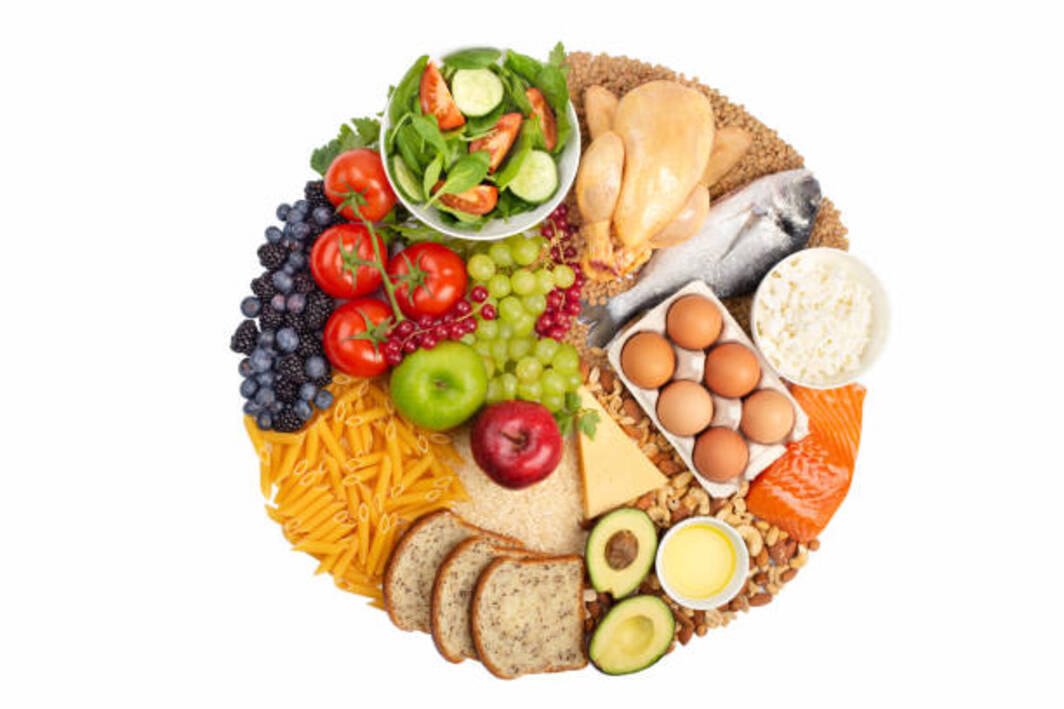Diabetes Management
Recognising and Managing Hyperglycaemic Emergencies in Diabetic Patients
2 min read
By Apollo 24|7, Published on - 05 August 2024
Share this article
0
0 like

When managing diabetes, it is crucial to be aware of hyperglycaemic emergencies, such as Diabetic Ketoacidosis (DKA) and Hyperosmolar Hyperglycaemic State (HHS). These conditions are severe and can be life-threatening if not promptly treated. Early recognition of symptoms is critical to managing these emergencies effectively, potentially saving lives. In this blog, we will consider ways to recognize symptoms of hyperglycaemic emergencies, manage them effectively, and methods to prevent them.
Spotting the Symptoms of Hyperglycaemic Emergencies
Hyperglycaemic emergencies, such as DKA and HHS, present similar symptoms. These include extreme thirst, frequent urination, confusion, nausea, vomiting, abdominal pain, increased heart rate, and dry skin. It's important to remember that HHS usually lacks significant ketoacidosis observed in DKA. Simply put, DKA occurs when high blood sugar causes the body to produce harmful acids. While HHS also involves high blood sugar, it doesn’t make these acids, leading to severe dehydration.
Immediate Steps to Manage DKA and HHS
If you recognize these symptoms in yourself or a loved one, immediately go to the nearest hospital. Seek medical attention without delay, as DKA and HHS are severe conditions requiring prompt treatment. Here are the immediate steps involved:
- Seek Medical Attention: Go to the nearest hospital or Contact emergency services. Both conditions require hospitalization for proper management.
- Correct Dehydration: Healthcare providers will administer intravenous fluids to correct dehydration. This is crucial to restoring normal blood volume and improving circulation.
- Administer Insulin Therapy: Insulin will be given to reduce high blood glucose levels. This is essential to stop the production of ketones in DKA and manage hyperglycemia in HHS.
- Replace Electrolytes: Vital electrolytes like potassium, sodium, and chloride will be monitored and replaced as needed. This is important to maintain heart and muscle function.
- Identify and Treat Underlying Causes: Identifying precipitating factors such as infections, missed insulin doses, or other stressors is essential for effective treatment and preventing recurrence.
Preventing Severe Complications through Early Recognition
Early recognition of the symptoms of high blood sugar emergencies, such as extreme thirst, frequent urination, confusion, and weakness, is crucial for prompt treatment. Additional symptoms include mental changes like delirium or hallucinations, dry mouth, blurred or lost vision, and weakness or paralysis, which may be worse on one side of the body. Timely initiation of treatment can prevent severe complications such as cerebral edema, acute renal failure, and even death. Appropriate management significantly reduces mortality rates associated with these conditions.
The Apollo Super 6 program can help you avoid diabetes by providing lifelong access to diabetes management tools. Being proactive with your health and taking advantage of such resources can help improve your quality of life. Consider enrolling in this program to improve your condition and avoid complications like hyperglycaemic emergencies.
Diabetes Management
Consult Top Diabetologists
View AllLeave Comment
Recommended for you

Diabetes Management
Navigating Carbs and Proteins: A Guide for Diabetic Individuals
Navigating Carbs and Protein for Diabetes Control Proper diabetes management requires understanding how carbohydrates and proteins affect blood sugar levels. Carbohydrates directly raise blood sugar, but high-fibre sources can slow this process. Protein helps to maintain blood glucose over a longer period, with lean sources being the best option. Balancing these two nutrients at each meal is crucial for sustained diabetes control.
.jpg?tr=q-80)
Diabetes Management
Is Curd Good For Diabetes?
Curd, with its low glycemic index and nutrient-rich profile, can be a beneficial part of a diabetes-friendly diet when consumed in moderation. Opt for plain, unsweetened curd and avoid fruit-based or flavoured varieties with higher sugar content. Homemade curd is preferable due to fewer additives. Monitor your response and consult your doctor. Manage diabetes better with the Apollo Super 6 programme for a healthier future.

Diabetes Management
How to Crush Sugar Cravings in Diabetes?
To manage diabetes, combat sugar cravings with fresh fruits, protein, and fiber. Practice mindful eating, stick to regular meals, and plan to avoid impulsive indulgences. Use portion control, sugar substitutes, and natural options like cinnamon. Regular exercise, stress management, and guidance from a dietitian aid in effective diabetes management.
Subscribe
Sign up for our free Health Library Daily Newsletter
Get doctor-approved health tips, news, and more.
Visual Stories

8 Fruits That are Incredibly Healthy for Diabetes
Tap to continue exploring
Recommended for you

Diabetes Management
Navigating Carbs and Proteins: A Guide for Diabetic Individuals
Navigating Carbs and Protein for Diabetes Control Proper diabetes management requires understanding how carbohydrates and proteins affect blood sugar levels. Carbohydrates directly raise blood sugar, but high-fibre sources can slow this process. Protein helps to maintain blood glucose over a longer period, with lean sources being the best option. Balancing these two nutrients at each meal is crucial for sustained diabetes control.
.jpg?tr=q-80)
Diabetes Management
Is Curd Good For Diabetes?
Curd, with its low glycemic index and nutrient-rich profile, can be a beneficial part of a diabetes-friendly diet when consumed in moderation. Opt for plain, unsweetened curd and avoid fruit-based or flavoured varieties with higher sugar content. Homemade curd is preferable due to fewer additives. Monitor your response and consult your doctor. Manage diabetes better with the Apollo Super 6 programme for a healthier future.

Diabetes Management
How to Crush Sugar Cravings in Diabetes?
To manage diabetes, combat sugar cravings with fresh fruits, protein, and fiber. Practice mindful eating, stick to regular meals, and plan to avoid impulsive indulgences. Use portion control, sugar substitutes, and natural options like cinnamon. Regular exercise, stress management, and guidance from a dietitian aid in effective diabetes management.
